In the run up to the First World War not all in government prioritised spending on the military as the debate in the run up to the Finance Bill of 1905 shows. None the less, the private arms companies’ best customer was the state and private firms were accused of influencing rearmament by fomenting war scares in the run up to the First World War.
During the war the government established the Ministry of Munitions to ensure a sufficient supply after the existing private and state owned facilities failed to deliver enough shells to feed the guns. The Ministry recruited businessmen and brought hundreds of new works into operation. They succeeded in increasing the supply of arms, enriching many companies along the way. Attempts were made to control excessive profits through the munitions levy and the excess profits duty, with varying degrees of success.
After the war, many believed that if arms were to be made the state should be the only one to make them. Pressure to prohibit the private trade in armaments led to the arms trade being put on trial in the Royal Commission on the Private Manufacture of and Trading in Armaments in 1935. The private arms companies were strongly supported by some in government, and in the midst of rearmament for the next world war the Commission’s recommendations were buried.
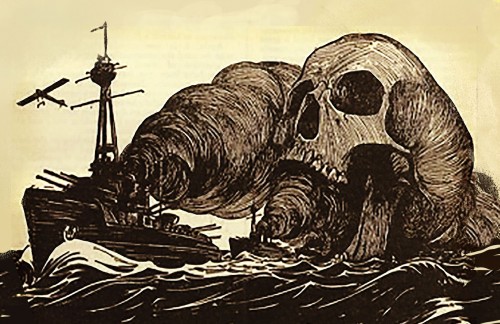
In 1909, a scandal, which was to become notorious as the Big Navy Scare, ‘swept the country off its feet.’

It was June 1927. Two of Britain’s largest arms firms, Vickers and Armstrong, were operating at 40 percent capacity, with heavy losses, and Armstrong was in massive arrears to the Bank of England. A merger scheme was pushed through at the taxpayers’ expense.
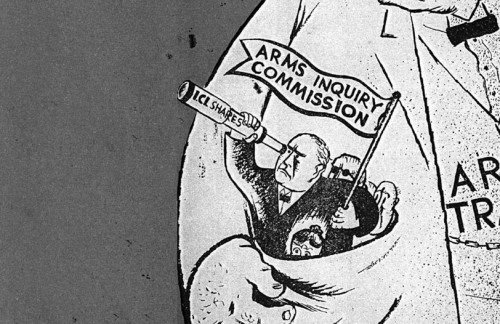
The Commission was probably the closest Britain has ever come to banning the private sale of arms. Despite its importance, its recommendations were buried at the time and are little remembered today.
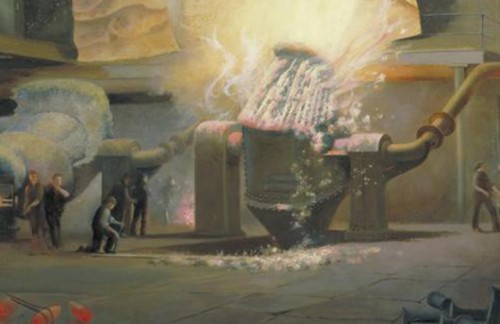
In this case study, a steel producer complains his patriotism is being exploited by an unequal system of taxation, restricting his profits. Did the government control profits effectively during the war?
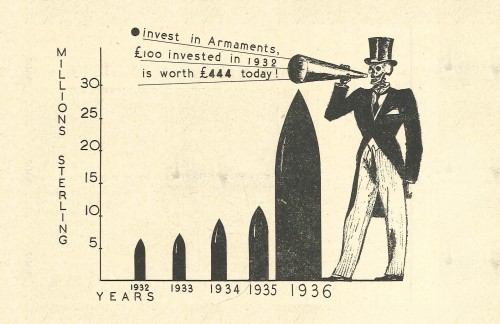
As Parliament debated the 1905 Finance Bill Liberal politicians argued to reduce defence expenditure, arguing that government funds should be diverted towards social reform. In the 1906 General Election the Liberal Party won a majority, and subsequently introduced wide ranging ed...
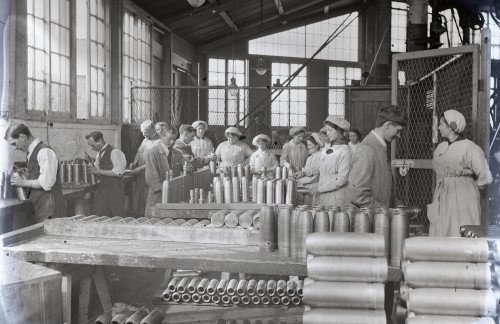
In 1915 the Ministry of Munitions was created to oversee and increase production of armaments for the war. Many businessmen were recruited to run the new ministry, yet production was brought under greater state control than ever before. Did the way the Ministry was staffed benefi...